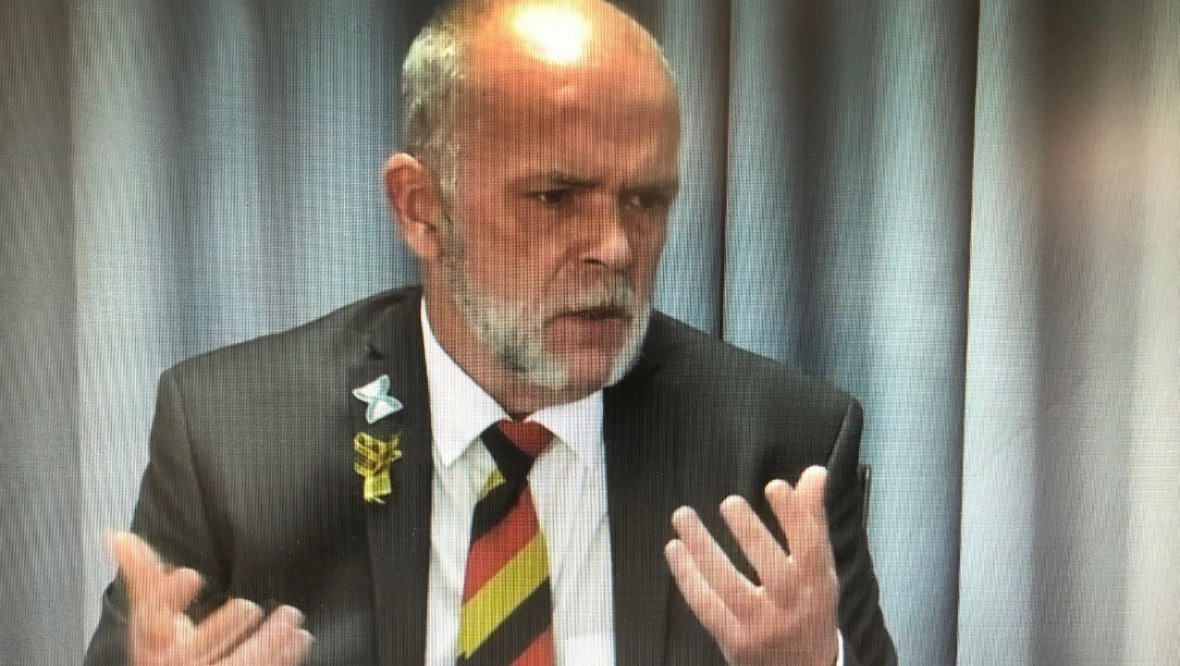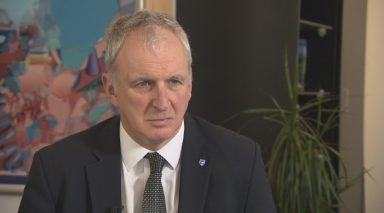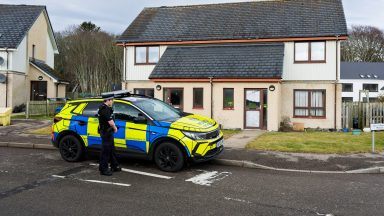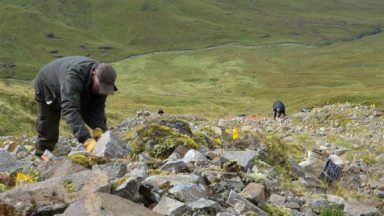A Highland victim of the contaminated NHS blood scandal has told a public inquiry that he channelled his anger by becoming a leading campaigner for the truth.
Bruce Norval, a haemophiliac from Inverness, was diagnosed with hepatitis C from infected blood in 1990.
Giving evidence to a hearing in London, he told investigators he had channelled his anger through his quest for answers.
The infection of an estimated 30,000 people has been called “the biggest treatment disaster in NHS history”.
Almost 3000 casualties have died.
The latest in a series of official inquiries into the scandal has been taking evidence since September 2018.
It has heard from victims and medical specialists. The focus this week is evidence from campaigners.
The inquiry was established to examine the circumstances in which men, women and children treated by the NHS were given infected blood and infected blood products since the 1970s.
People with haemophilia and other bleeding disorders were given blood infected with HIV and hepatitis viruses in the 1970s and 80s.
A new treatment was meant to improve their lives.
A clotting agent called Factor VIII was introduced to help their blood to clot.
Patients had previously faced lengthy stays in hospital to have transfusions, even for minor injuries.
The UK struggled to keep up with demand for Factor VIII – and supplies were imported from the US.
However, much of the human blood plasma used to make it came from donors including prison inmates and drug users who sold their blood.
Those groups were at higher risk of blood-borne viruses.
At the time, HIV had not been diagnosed and understanding about hepatitis was limited.
The risk of contamination was compounded because Factor VIII was made by pooling plasma from up to 40,000 donors and concentrating it.
Questioned by lead counsel Jenni Richards QC, Mr Norval told the latest inquiry he was angry because doctors told him they’d known about his condition for some time.
He said: “I’d been starving and homeless in this city (London), trying to make it on my own away from the small town that I’d had to leave because of the bigotry associated with HIV and haemophilia and the violence I’d faced.
“All I wanted from the doctor was a straight answer. There was a great sense of betrayal in that diagnosis.
“I remember sitting for three hours waiting for my pregnant wife to come home from her work, and not knowing how I was going to tell her, what I was going to tell her.
“I was bereft, I was angry.”
Since January this year, inquiry evidence has been submitted concerning support schemes since the 1990s, and from government ministers.
Further Government witnesses will submit evidence in the coming months followed by representatives of pharmaceutical companies and blood services.
A separate review of a compensation framework is ongoing.
Follow STV News on WhatsApp
Scan the QR code on your mobile device for all the latest news from around the country


 STV News
STV News
























